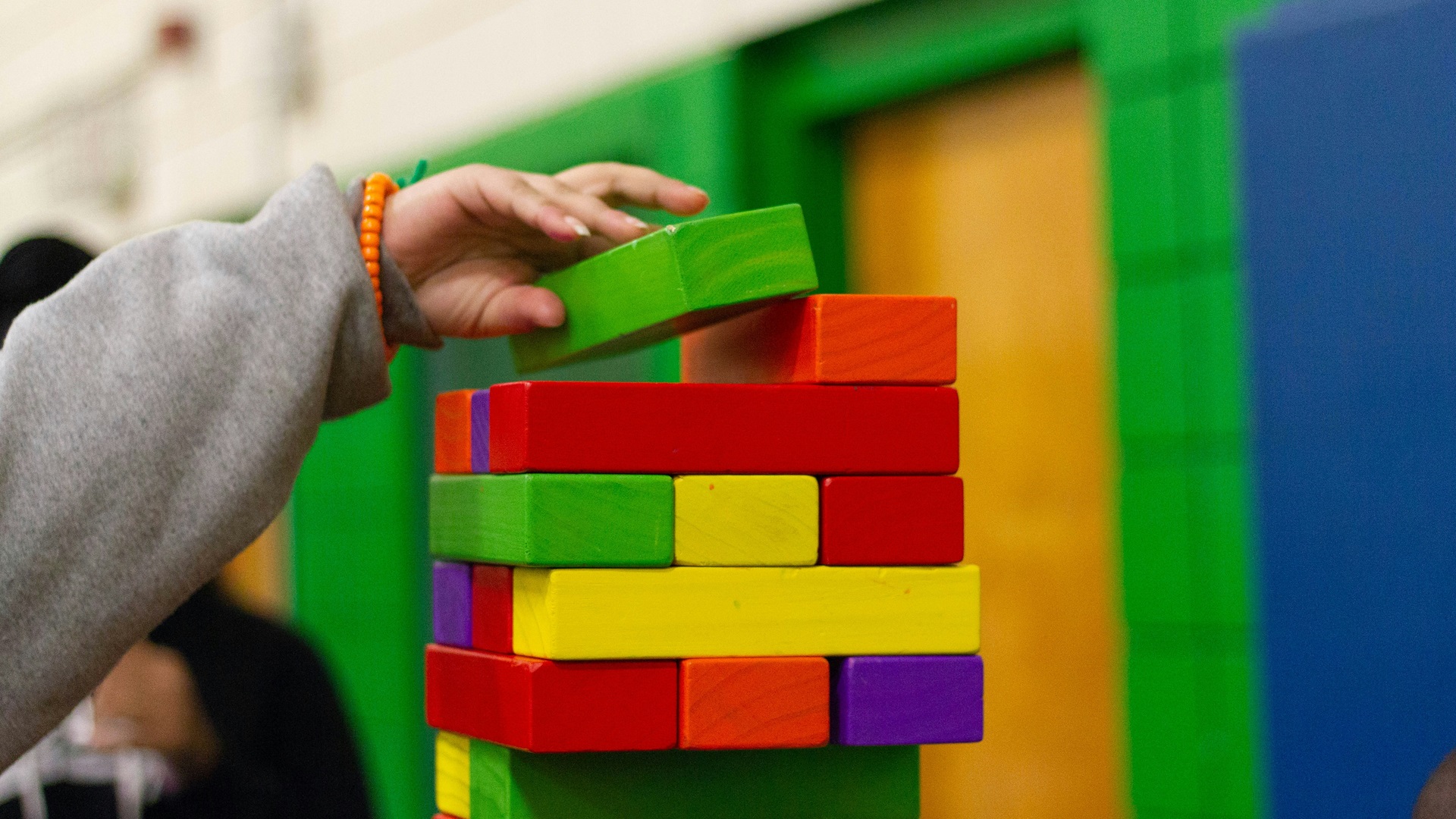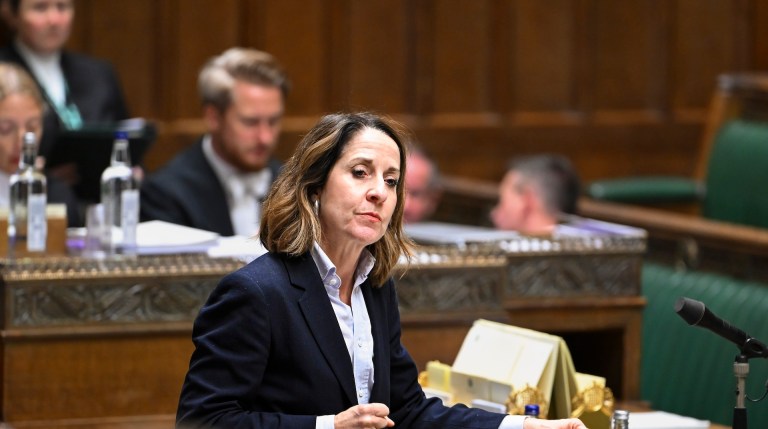The IFS research demonstrated improvements in the educational performance of children from low-income backgrounds in England thanks to Sure Start centres.
The effects were particularly pronounced for centres set up early in the programme which tended to have bigger budgets and more successful outreach programmes to families who could benefit.
Access to a Sure Start centre boosted academic performance through primary and secondary school, seeing children perform 0.8 grades better at GCSE level than those who lived further away. Impacts were disproportionately stronger among children from ethnic minority backgrounds.
Living near a centre increased performance at GCSE by three grades for children eligible for free school meals.
Sure Start increased the prevalence of support for special educational needs at young ages, before reducing it in adolescence. At age 16, the reduction was particularly strong for more expensive Education, Health and Care Plans, the use of which decreased by 9% – representing more than 1,000 children per year – who lived near a Sure Start centre compared with those who lived further away.
Overall, Sure Start’s benefits in reducing the government cost of SEN support offset around 8% of the £2.5bn cost. IFS researchers estimated that for every £1 the government spent on Sure Start, children who attended benefited by £1.09 in terms of their lifetime earnings.
Advertising helps fund Big Issue’s mission to end poverty
The think tank has previously found that almost a third of the up-front cost of Sure Start was offset by savings to the NHS through reduced hospitalisations.
Sarah Cattan, a research fellow at the Institute for Fiscal Studies and a co-author of this report, said: “Back in 2009–10, the government spent a third of the early years budget on Sure Start. Since then, overall early years spending has significantly increased, but spending on Sure Start has dwindled as a result of a clear shift in the government’s early years policy away from integrated early years services and towards the free childcare entitlement.
“The current Family Hubs initiative aims to join up family support services for children aged 0–18 with less than 5% of what Sure Start received at its peak. It seems unlikely Family Hubs will be able to go as far in realising the potential that this research shows early years integrated programmes can have for children and their families.”
Educational charity Sutton Trust previously estimated that 1,000 Sure Start children’s centres were lost between 2009 and 2018 and is calling on all parties to reinstate a national children’s centre programme at the upcoming general election.
Carl Cullinane, director of research and policy at the Sutton Trust, said: “This is a vital report underscoring the important role Sure Start has had in improving the educational outcomes of disadvantaged children. Evidence shows a wide range of benefits of attending children’s centres to both children and their families, from reductions in hospital visits to improved home learning environments. But since the early 2010s the funding for these services had fallen considerably, hitting the most disadvantaged areas hardest.
“In our recent general election briefing on inequality in early years, we called on all parties to prioritise re-invigorating a national children’s centre programme, focusing on the most disadvantaged areas. To reverse the decline and fragmentation of family services in the last two decades, it’s crucial that the next government underpins investment with a new children’s centre strategy that is coherent, sustained and national in scale.”
Advertising helps fund Big Issue’s mission to end poverty
The Westminster government’s Family Hubs programme will see services delivered for children of all ages in 75 local authorities backed by £300m of funding between 2022-25.
A Department for Education spokesperson said: “We continue to invest in Family Hubs, which now cover half of all upper-tier local authorities and provide a number of advantages over the Sure Start model, including access to support up to when children turn 19 or 25 if they have special educational needs or disabilities, a wider range of support and an evidence-led focus on the crucial 1,001 days of a child’s life.”
Do you have a story to tell or opinions to share about this? We want to hear from you. Get in touch and tell us more.










